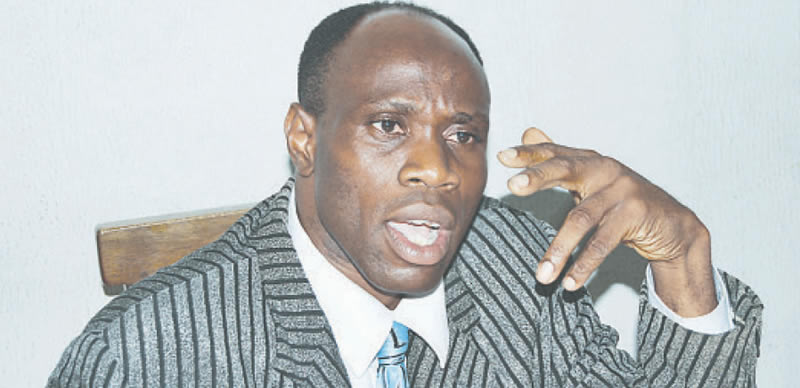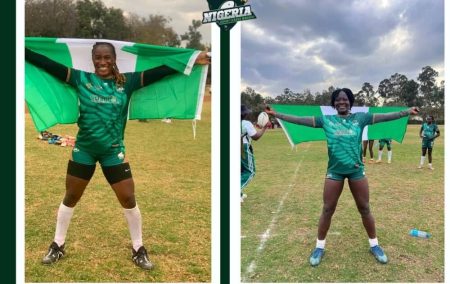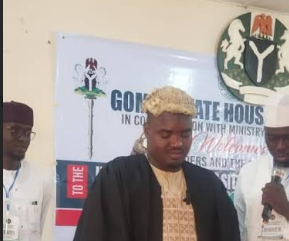The untimely demise of Peter Rufai, the legendary Nigerian goalkeeper, brought to the fore a simmering discontent within the Nigerian football community regarding the treatment of its former heroes. Taribo West, a former Super Eagles defender and teammate of Rufai, expressed his profound disappointment and anger at the perceived neglect of Rufai’s family by both the Nigeria Football Federation (NFF) and the Lagos State Government. West’s emotional outburst at Rufai’s burial highlighted a pattern of alleged abandonment that has plagued Nigerian football, leaving many former players feeling undervalued and forgotten after their contributions to the nation’s sporting glory.
West’s grief was palpable, contrasting sharply with his stoicism during the passing of his own parents. This intense emotional response underscored the depth of his connection with Rufai and his disillusionment with the system that seemingly failed to honor the goalkeeper’s legacy. He pointed to the financial burden placed upon Rufai’s family, forcing them to solicit funds within their own circles, as a blatant sign of disrespect and a failure of the responsible authorities to provide adequate support. This, according to West, painted a grim picture of a nation that fails to appreciate the sacrifices made by its sporting heroes.
The former Inter Milan star’s criticism extended beyond the immediate circumstances of Rufai’s passing. He invoked the memories of other departed football icons like Stephen Keshi, Rashidi Yekini, and Thompson Oliha, all of whom reportedly faced similar challenges and lack of support in their final years or after their deaths. These recurring instances, according to West, pointed to a systemic issue within Nigerian football, a culture of neglect that devalues the contributions of its former players. This perceived disregard for the welfare of past heroes, West argued, sends a chilling message to aspiring footballers and discourages future generations from dedicating their lives to the sport.
West’s anguish was not merely an expression of personal grief but a broader indictment of the NFF and the Lagos State Government. He questioned their commitment to the well-being of former players, accusing them of shirking their responsibilities and leaving families to bear the brunt of financial and emotional burdens. His passionate plea, laced with anger and frustration, called for accountability and a fundamental shift in the way Nigeria treats its sporting legends. He lamented the apparent lack of a structured support system for former players, leaving them vulnerable and forgotten after their playing days are over.
The alleged abandonment of Rufai’s family, in West’s view, served as a stark reminder of the precarious position of many ex-footballers in Nigeria. He argued that their sacrifices and contributions to national pride deserve more than mere lip service and that the NFF and the government should implement concrete measures to support these individuals, both during and after their active careers. This support, he suggested, should extend beyond financial assistance to include healthcare, career transition programs, and recognition of their achievements to ensure that they are not left to fend for themselves after dedicating their lives to representing the nation.
West’s powerful statement resonated with many within the Nigerian football community and beyond, reigniting a crucial conversation about the welfare of former athletes. His emotional plea serves as a wake-up call, urging the NFF, the government, and society at large to acknowledge and address the systemic issues that have led to the perceived neglect of these sporting heroes. The future of Nigerian football, West implied, depends on creating a system that values and supports its players, not just for their contributions on the field but also for their well-being long after they hang up their boots. This requires a fundamental shift in perspective, moving beyond mere rhetoric to concrete action, ensuring that future generations of Nigerian footballers are not discouraged by the perceived fate of those who came before them.














